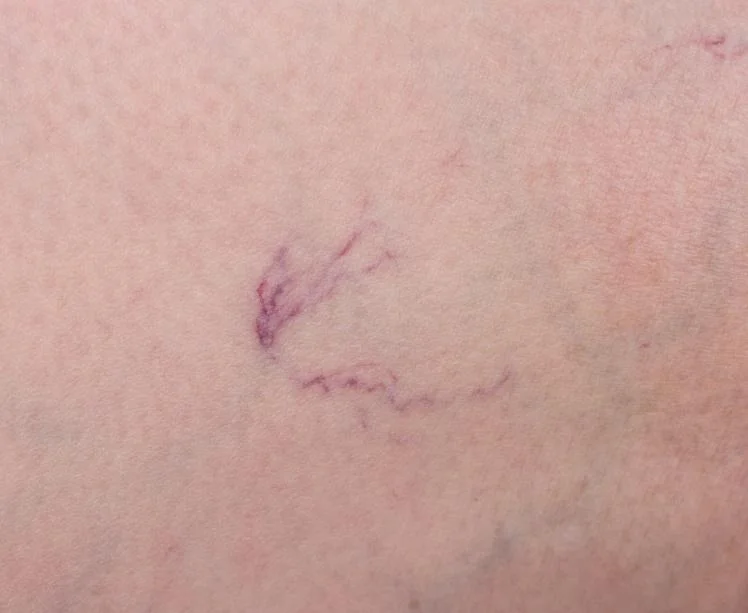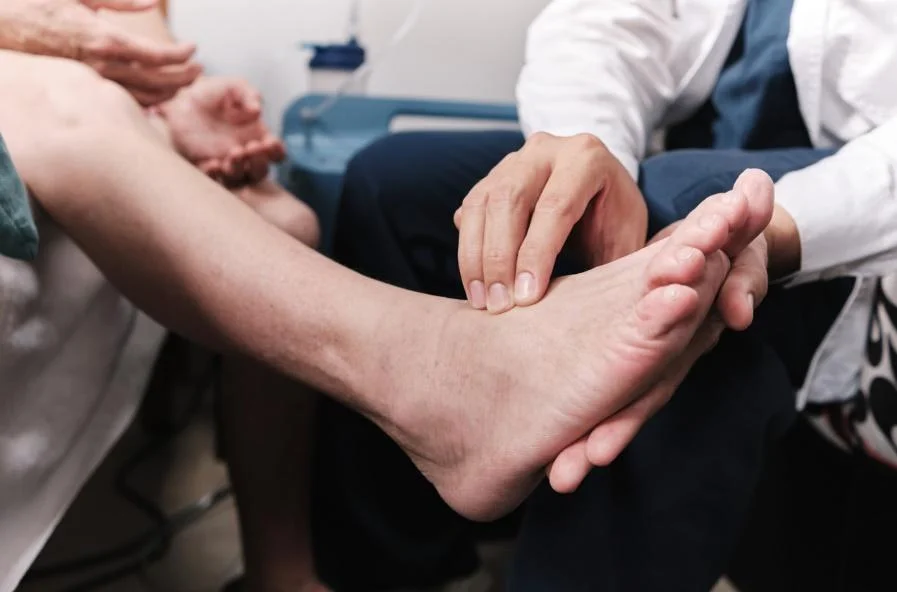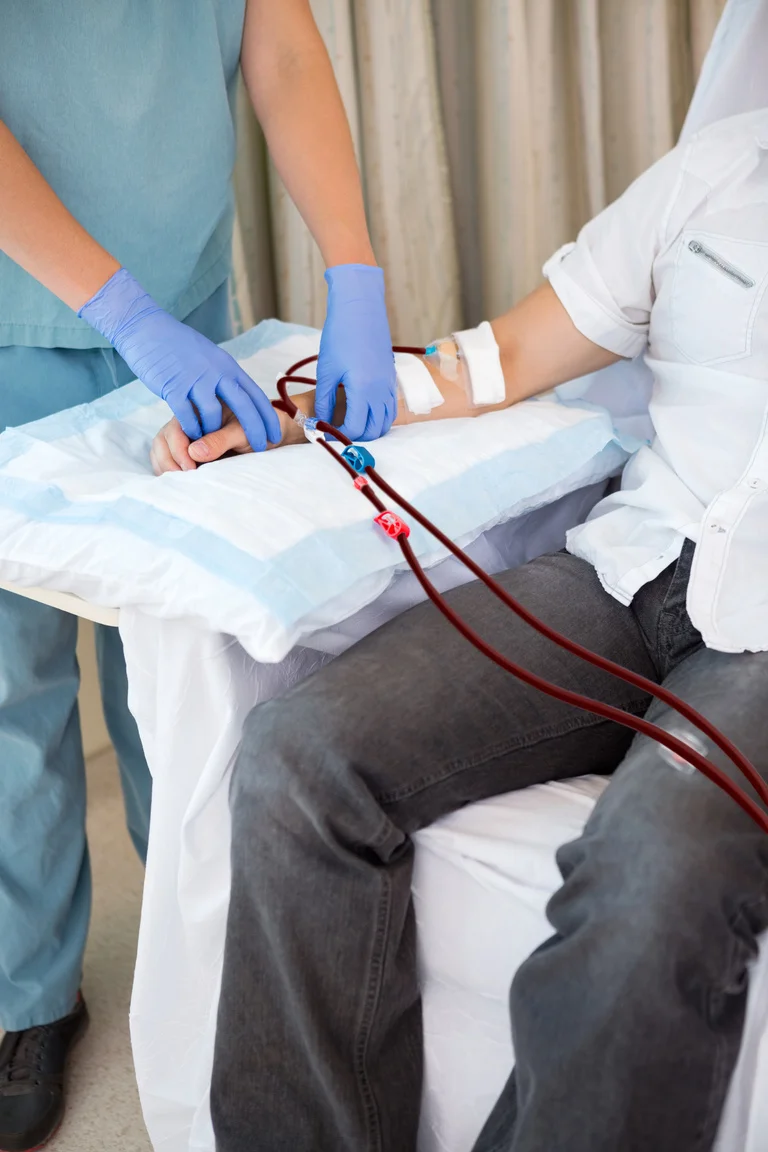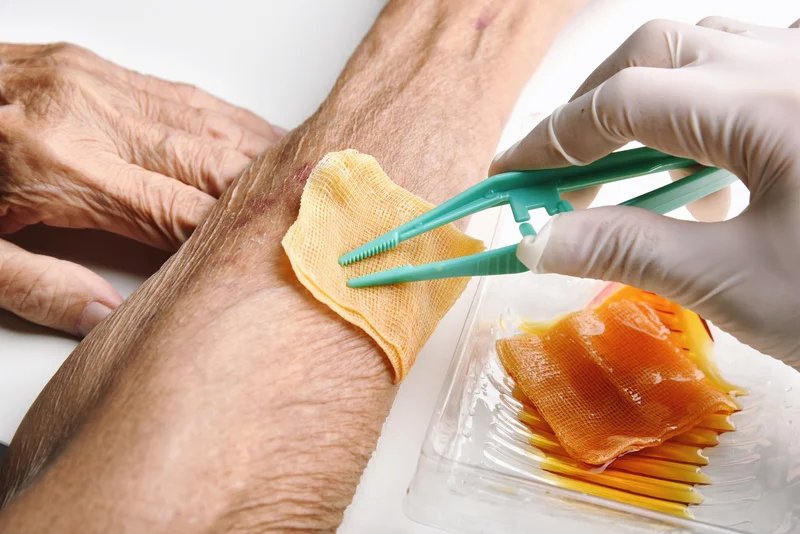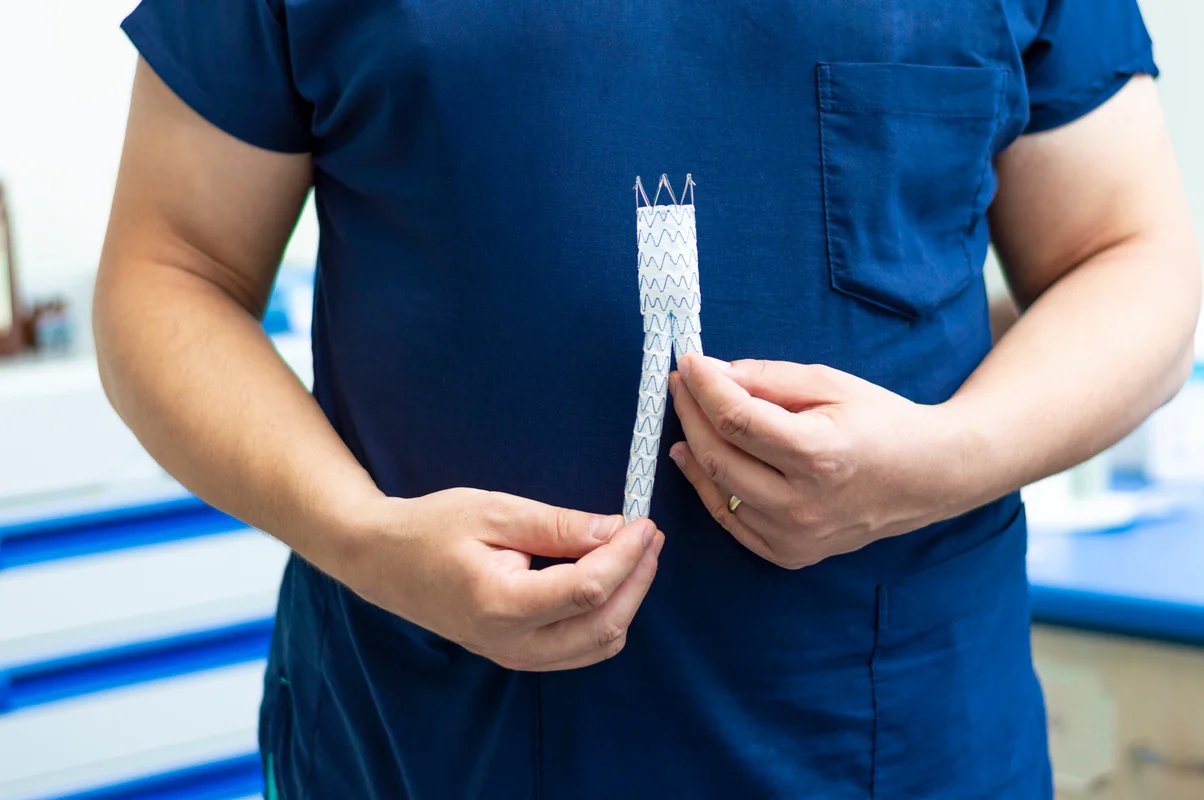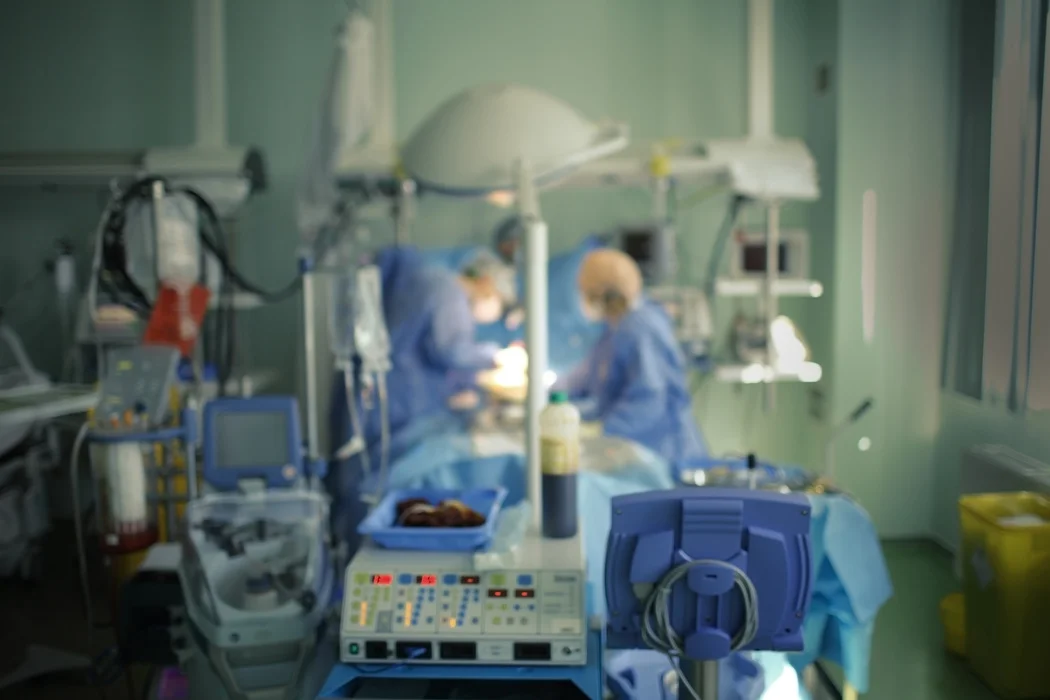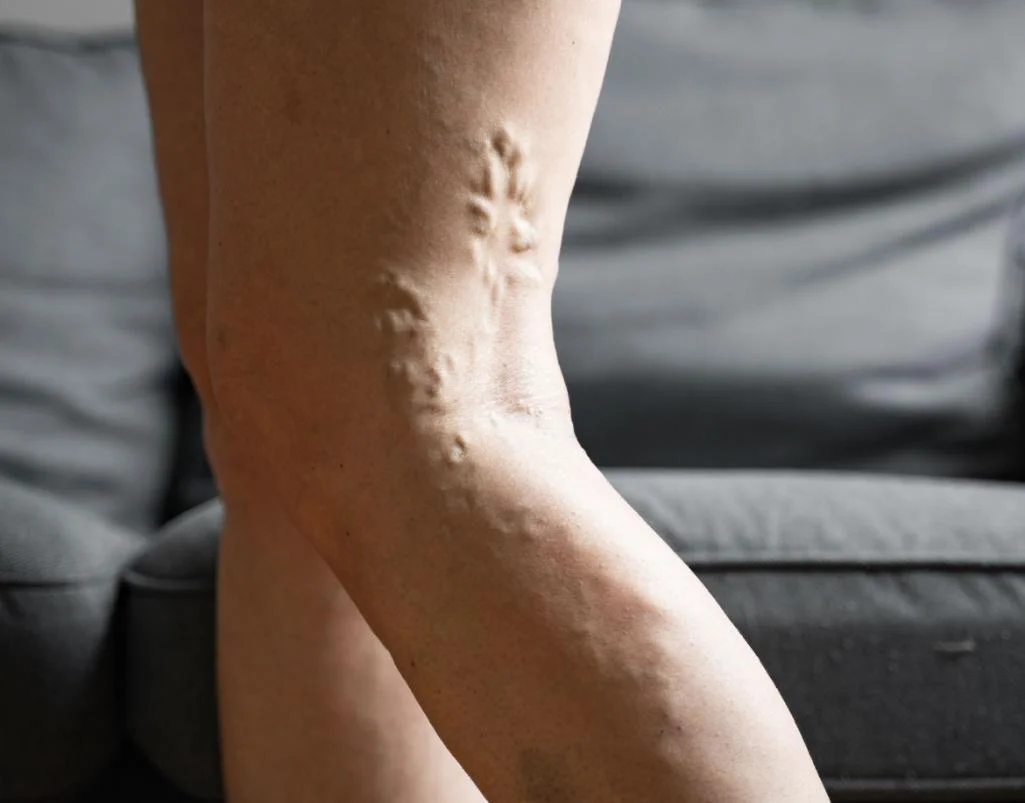
Vascular Surgeon for Bulging Veins
Bulging veins, commonly known as varicose veins, are more than just a cosmetic concern. They may signal underlying vein disease that affects blood circulation in the legs. If left untreated, bulging veins can lead to pain, swelling, and serious complications. The right specialist to consult is a vascular surgeon for bulging veins. With their advanced expertise in the body’s blood vessels, they provide accurate diagnosis, effective treatments, and preventive care tailored to your condition.
Why Choose a Vascular Surgeon for Bulging Veins?
Unlike general practitioners or cosmetic clinics, vascular surgeons have specialized training in the entire circulatory system. This expertise allows them to:
- Diagnose the root cause of vein problems using duplex ultrasound.
- Offer minimally invasive treatments and surgical solutions.
- Provide ongoing care for potential complications like blood clots, ulcers, or vein infections.
By addressing not just the veins but also the vascular system as a whole, they ensure long-term relief and healthier circulation.
Advanced Treatment Options
Modern vein care no longer relies on painful vein stripping or long recovery times. A vascular surgeon offers a variety of advanced treatments, including
- Radiofrequency Ablation (RFA): Uses controlled heat to close damaged veins.
- Endovenous Laser Therapy (EVLT): Seals faulty veins using laser energy.
- Microphlebectomy: Removes bulging veins through tiny incisions.
- VenaSeal Closure System: A medical adhesive that seals diseased veins without heat or incisions.
These treatments are typically outpatient procedures with minimal downtime.
Managing Complications of Bulging Veins
If untreated, bulging veins may lead to complications such as:
- Superficial blood clots (phlebitis).
- Venous ulcers that develop near the ankles.
- Chronic skin changes such as discoloration or thickening.
- Infections due to poor circulation and skin breakdown.
A vascular surgeon not only treats the visible veins but also helps you prevent these serious issues through personalized care plans.
Lifestyle and Preventive Care
In addition to medical treatments, vascular surgeons guide patients on lifestyle measures that support vein health, such as:
- Wearing compression stockings.
- Elevating legs to improve blood flow.
- Maintaining a healthy weight and staying active.
- Avoiding long periods of sitting or standing.
These changes can reduce symptoms and lower the risk of future vein problems.
Final Thoughts
If you are struggling with bulging veins, seeing a vascular surgeon is the best way to get expert diagnosis, treatment, and preventive care. With minimally invasive options like RFA, EVLT, microphlebectomy, and VenaSeal, they can relieve discomfort, restore confidence, and protect you from complications.
Frequently Asked Questions
1. What kind of doctor should I see for bulging veins?
You should see a vascular surgeon or vascular specialist. They are experts in diagnosing and treating vein and artery conditions, including varicose veins, which often cause bulging and discomfort.
2. Are bulging veins dangerous?
While bulging veins may start as a cosmetic issue, they often indicate underlying venous insufficiency—a condition where blood doesn’t flow properly through the veins. If untreated, it can lead to swelling, ulcers, or blood clots.
3. What causes veins to bulge in the legs?
Bulging veins occur when vein valves weaken and blood pools instead of circulating efficiently. Common causes include aging, genetics, pregnancy, obesity, and standing or sitting for long periods.
4. How are bulging veins treated by a vascular surgeon?
Treatments include radiofrequency ablation (RFA), endovenous laser therapy (EVLT), microphlebectomy, and VenaSeal closure. These minimally invasive procedures close or remove damaged veins, improving both appearance and circulation.
5. Can bulging veins go away on their own?
No. Once vein valves are damaged, bulging veins won’t disappear naturally. Conservative care—like compression stockings or leg elevation—may reduce symptoms, but medical treatment provides lasting results.
6. Is vein treatment painful or risky?
Modern vein treatments are safe, quick, and nearly painless. Most are performed under local anesthesia in an outpatient setting, allowing you to walk and return to normal activities the same day.

Take the First Step Towards Vascular Health Today!
Are you ready to transform your vascular health with expert care and cutting-edge treatments?
Dr. Darryl Lim and his dedicated team are committed to providing personalized, compassionate care. Whether you’re dealing with varicose veins, peripheral artery disease, or other vascular conditions, Dr. Lim’s expertise and innovative approach ensure you receive the best possible outcomes.
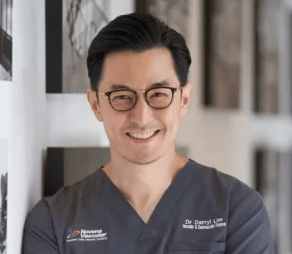
Dr. Darryl Lim is a Senior Consultant Vascular and Endovascular Surgeon at the Novena Vascular and Varicose Vein Centre in Singapore. Before this role, he served as the Director of the Vascular Unit at Changi General Hospital and as a Service Chief at the Singhealth-Duke NUS Vascular Centre. Under his tenure, Changi General Hospital’s Vascular Unit was recognized as a regional centre of excellence.
Dr. Lim has a strong commitment to training emerging interventionalists and enhancing the capabilities of vascular units in Southeast Asia. He is regularly invited to travel to regional units to conduct live case workshops and to speak at international conferences.

